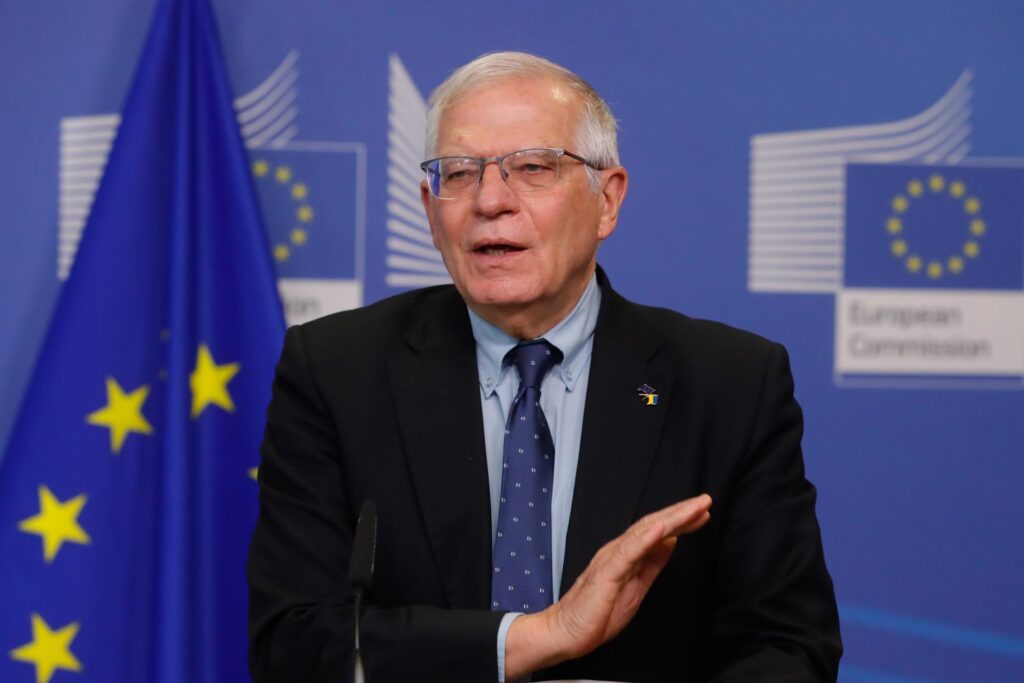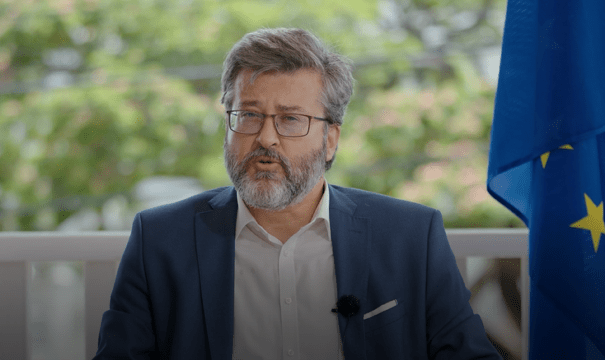This Thursday, April 20, the High Representative of the European Union for Foreign Affairs, Josep Borrellassured that the decision of the Ortega administration to withdraw the placet to its new ambassador in Nicaragua “it will not silence us” and although “our critics do not like them” the European bloc will continue to denounce the abuses that take place in the Central American country.
“Yes, from time to time that happens, that Since they don’t like our criticism, they withdraw the pleasures made to our ambassadors. It already happened with Venezuela, but that will not silence us,” Borrell said in an interview with the EFE news agency.
“Our position regarding Nicaragua is very clear. We believe that It is a pure and hard dictatorshiphard, hard, “said the head of European diplomacy to EFE.
Related news: Ortega rejects the new ambassador of the European Union for strong criticism of his government
Josep Borrell also recalled that the European Union has “criticized and condemned the violation of human rights that occurs there,” in Nicaragua, but that despite this it maintains, to what extent it can, “help and cooperation” in the country.

Regime withdraws placet to EU ambassador
The Ortega Murillo administration withdrew, on Tuesday, April 18, the approval of the designated EU ambassador in Managua in response to his criticism of the repression in the Central American country, on the fifth anniversary of the start of the protests against the Sandinista government.
In a releasethe European block reiterated its willingness to “support a democratic, peaceful and negotiated solution to the prolonged political crisis in Nicaragua.”
Likewise, the organization highlighted that “five years have passed since thousands of Nicaraguan citizens took to the streets to express their legitimate demand for human rights (…). Instead of their demands being heard and respected, Since then, the people of Nicaragua have faced systemic repression».

In addition, he sued the Ortega regime the release of all political prisonersthe full restoration of the rule of law, as well as the return of international human rights organizations to the country.
For its part, the Ortega Murillo dictatorship classified the EU statement as an act “interfering, daring and insolent” and called the body “imperialist and colonialist”.
“Given his interventionist, daring and insolent statement (…), the Republic of Nicaragua (…) has decided to suspend the consent that it had granted to Mr. Fernando Ponz, as ambassador of that overwhelming Power,” says a note signed by Nicaraguan Foreign Minister Denis Moncada.
“In these circumstances and in the face of the permanent siege of our People’s Right to National Sovereignty, we did not receive their Representative,” added the note addressed to Brussels.















